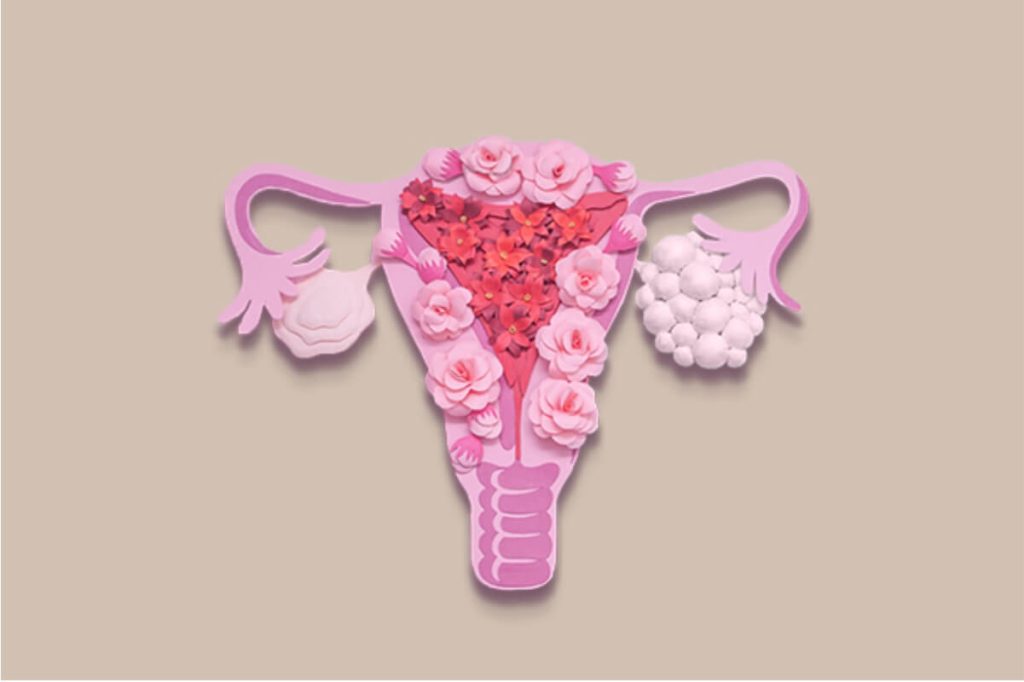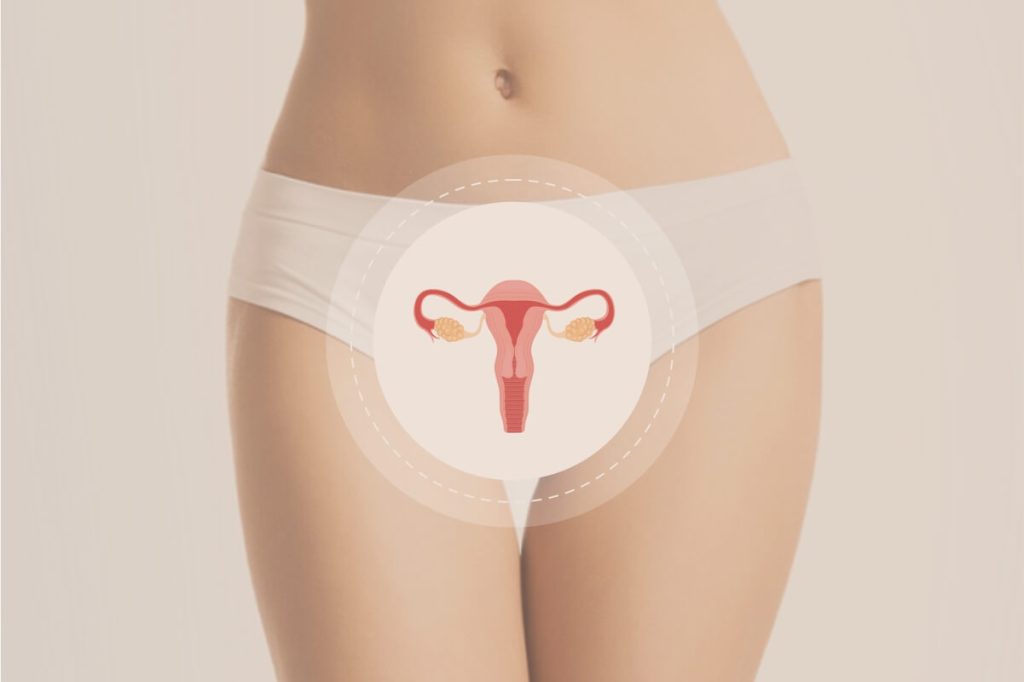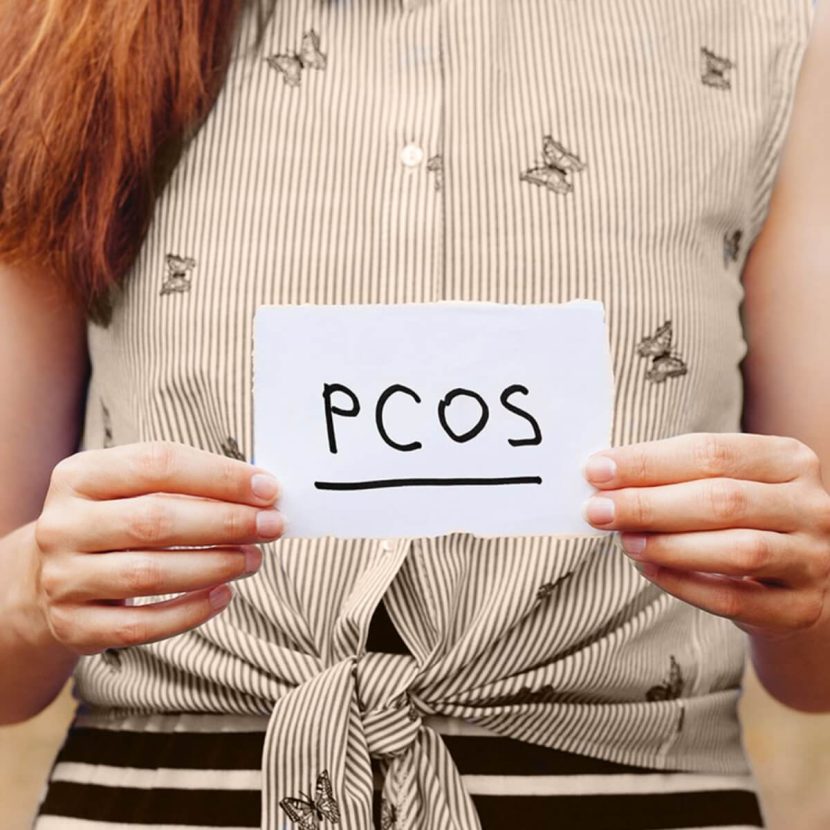PCOS (Polycystic Ovary Syndrome) is one of the most misinterpreted conditions across the world, leading to rumours, myths, and beliefs that are rife with misinformation about it.
Today, we’re going to crack open (and crack into) some of the leading myths, debunk them, and shed some light on this series of mistaken beliefs.
But before we go all guns blazing, you can read more about PCOS, its symptoms, causes, and occurrence right here. Once you’ve refreshed your memory, let’s get started:
Myth 1:
Only if you have polycystic ovaries, will you have PCOS.

Fact:
A lot of people make this assumption (given that the condition’s name is polycystic ovary syndrome), but there are two important points to keep in mind:
- Many women who have PCOS do not have cysts on their ovaries
- Having cysts on your ovaries does not mean you have PCOS
The PCOS problem arises when a person has metabolic and reproductive abnormalities. To be diagnosed as having PCOS, an individual needs to have two of the three below symptoms:
- An excess of androgen in the body (which leads to hair loss, acne, etc)
- Irregular menstrual cycles / menstruation periods
- Multiple follicles or cysts in the ovaries
Myth 2:
If you have PCOS, you can’t get pregnant.

Fact:
PCOS is a hormonal condition that impairs the ovary’s ability to release an egg for fertilisation. However, by NO means, it puts a full stop to pregnancy forever. Many menstruators today are given the “can’t get pregnant” ultimatum when they receive their PCOS diagnosis – however, pregnancies can still occur, either naturally or through the help of fertility treatments. PCOS may definitely hamper the process, but it doesn’t put a stop to couples trying to get pregnant. The key is to find the right diet, exercise, stress-relieving methods, treatment (if necessary) and above all, the right fertility specialist to help you through the entire process.
Myth 3:
If you have irregular periods, you have PCOS for sure.

Fact:
Not true. It’s common for many people to jump the gun and assume that the reason for their irregular cycles is related to PCOS, but the reality is that there could be many reasons for periods playing truant.
Reasons for delay could include stress, breastfeeding infants, over-exercise, intense dieting, pelvic inflammatory diseases, your thyroid going out of control…the list of reasons go on. A great way to get to the root cause of your cycle going haywire is to do methodical checkups with your doctor or OBGYN, and embark upon a process of syndrome elimination through blood tests, scans, etc to determine the ‘real’ culprit.
Myth 4:
Everyone who has PCOS is either chubby, overweight or obese.

Fact:
This may be the biggest misconception of all. Excess weight is immediately associated with the prevalence of PCOS. While most individuals that have PCOS do fall into the larger side of the weight spectrum, this belief discounts the remaining number of PCOS patients that have the ‘lean’ form of it. Therefore, it becomes a double-edged sword. An obese person with irregular periods might be wrongly diagnosed as having PCOS while a thin person might get written off, with medical professionals wrongly diagnosing their inherent PCOS as stress, anxiety, some other medical condition that causes their erratic menstrual cycles, etc.
And finally, last but not the least…
Myth 5:
Once you get PCOS, you’re doomed 🙁

Fact:
Even though PCOS is a lifelong condition with no proven cure per se, the key to living in harmony with this syndrome lies in one small hack – your mindset in life. You might never be able to say you’ve cured your body, but you can embrace the healing process that brings your body into harmony every single day.
The power to ensure PCOS does not go out of hand lies solely in our hands!







